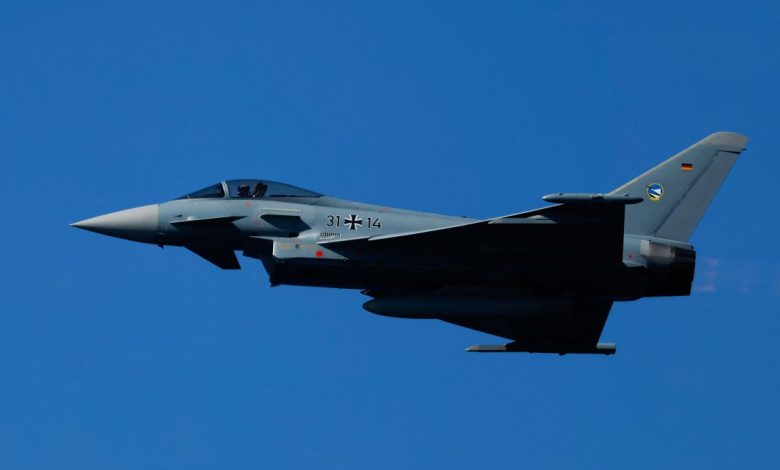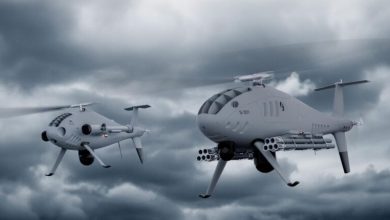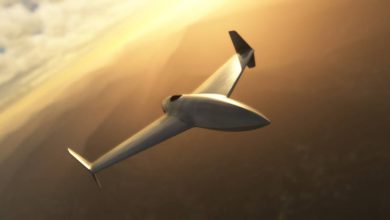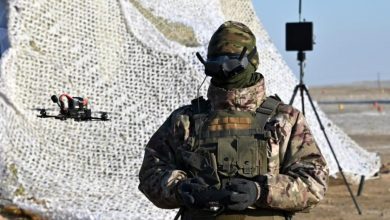Germany to hold talks with Türkiye over Eurofighter deliveries

Germany has agreed to negotiate with Türkiye over potential deliveries of Eurofighter jets, a spokesperson for the Foreign Ministry said on Wednesday.
“The German government has responded positively to a preliminary request from Airbus to negotiate the delivery of Eurofighters to Türkiye,” the spokesperson said. “These aircraft are used for collective defense within the NATO framework.”
He added that Foreign Minister Johann Wadephul will travel to Ankara on Friday to discuss the issue with his Turkish counterpart, Hakan Fidan.
Türkiye has been in talks since 2023 to purchase 40 Eurofighter Typhoons, which are built by a consortium of Germany, Britain, Italy and Spain, represented by Airbus, BAE Systems and Leonardo.
Germany initially opposed the sale but later reversed its position. Britain led negotiations on behalf of the consortium.
This July, Britain signed a preliminary deal allowing Türkiye to operate the jets, which Ankara has sought to modernize its air fleet and strengthen defenses amid growing regional instability.
At the same time, the German government cleared the way for the delivery after sending a written confirmation to the Turkish government confirming that the export has been approved.
Beyond the Eurofighters, Türkiye is also in talks with Washington to purchase dozens of F-16s and is negotiating a potential return to the U.S.-led multinational F-35 fighter jet program, from which it was removed in 2019, following its purchase of Russian-made S-400 missile defense systems.
Despite boasting NATO’s second-largest army, Türkiye often faced arms embargoes in the past. That pushed it to significantly boost domestic capabilities and curb foreign dependence over the last two decades.
Today, it produces a wide range of vehicles and arms types domestically, including its own drones, missiles and naval vessels. It’s also developing its own fifth-generation fighter jet, named Kaan.
Kaan is sought to replace the Air Forces Command’s aging F-16 fleet, which is planned to be phased out starting in the 2030s. Its mass production is expected to start in 2028.
Source: Daily Sabah





